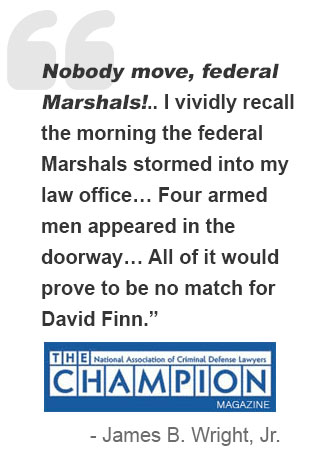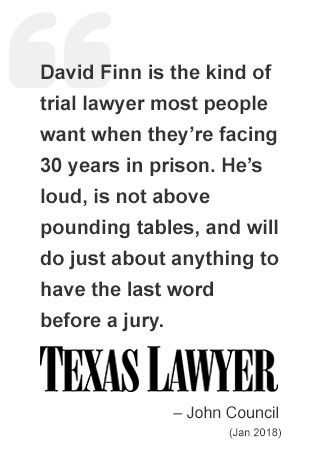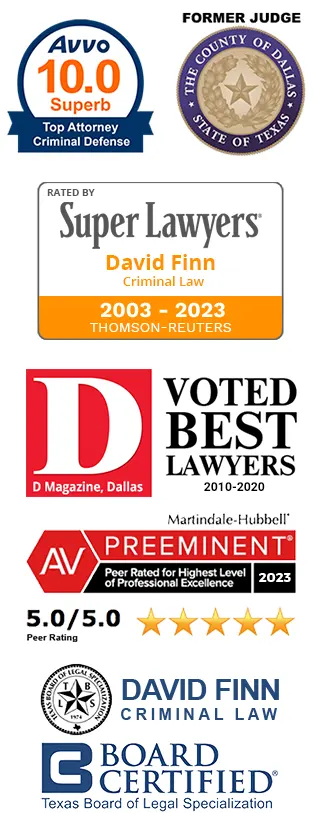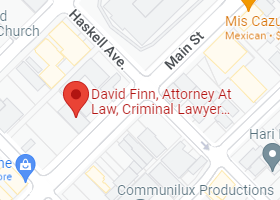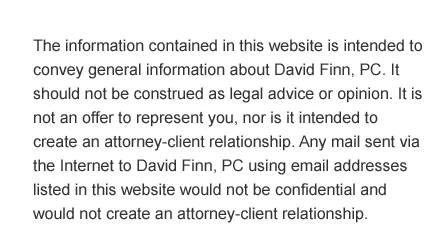

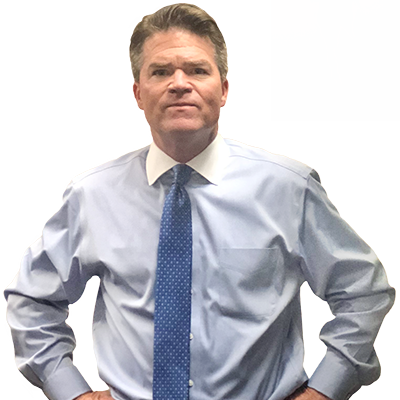
Judge’s finding on testimony in drug case puts Garland officer under scrutiny
Article by TANYA EISERER
Dallas Morning News
Tuesday, August 24, 2010
A Dallas County judge has concluded that he didn’t believe a Garland narcotics officer told the truth in sworn testimony in a drug case.
The unusual finding by Judge Pat McDowell has prompted a closer look into the activities of Garland police Officer Dennis Morrow by the district attorney’s office, and because of the judge’s written conclusion about Morrow’s credibility in the case, it may be difficult for prosecutors to rely on his testimony in any future cases.
In April 2009, Morrow, then a narcotics detective, was working an undercover operation targeting Patrick Woodard, a felon with a lengthy rap sheet who Morrow believed was dealing drugs. Morrow testified that Woodard, whom he arrested, was sitting in his car with an open bag containing drugs, giving Morrow probable cause to make the arrest.
But during a lengthy pretrial hearing, Woodard testified that the bag was closed and no drugs were visible. His attorneys elicited testimony from other Garland police officers who testified that Morrow misrepresented what happened in another drug arrest. The officers also testified that the inaccuracies were part of a pattern by Morrow.
“The court resolves the credibility issues … in favor of the defendant,” McDowell wrote in his Aug. 2 finding. “The court finds, therefore, that the contraband was not in plain view.”
The cases against Woodard were dismissed.
In his “findings of fact and conclusions of law,” McDowell cited telephone records that showed Morrow did not make phone calls to Woodard’s cellphone to set up the drug deal as Morrow had claimed in court.
“In that case, I thought it was an easy call,” McDowell said in an interview. “I found his testimony not as credible as the defendant’s testimony given the big picture of the telephone records and the other information developed during the hearing.”
Morrow, who has been transferred out of the narcotics unit, did not respond to a request for comment. The Garland Police Department also declined to comment.
Morrow’s work is the subject of a wide-ranging review by prosecutors. The Dallas County district attorney’s office has already stopped calling Morrow to testify in court cases. Within days of McDowell’s finding, prosecutors sought the dismissal of a felony weapons charge in another court case in which Morrow would have been the key witness.
“This is a very serious matter,” said Jamille Bradfield, a spokeswoman for the district attorney’s office. “With an open mind, we are going to be thorough and diligent in our review of these cases as we evaluate the impact of the judge’s ruling.”
Prosecutors declined to comment on whether Morrow will officially be placed on their list of officers who cannot be called to testify.
“This isn’t baseball,” said Bill Wirskye, an attorney representing Woodard and several other defendants with cases involving Morrow. “You don’t get three strikes before you’re out. If you lie once in a courtroom as a police officer, your career should be over.”
Several legal experts who reviewed the ruling said the judge’s finding regarding Morrow’s credibility will largely render him an ineffective witness.
“Judge McDowell must have felt strongly about the officer’s lack of credibility to issue this,” said Christie Williams, a former Dallas County public integrity prosecutor. “If I were a prosecutor, I would have a great deal of difficulty in calling him as a witness.”
In the Woodard case, Morrow testified that he called Woodard’s cellphone number after it was given to him by one of his drug informants so that Morrow could set up a buy-bust operation. But the telephone records did not back up Morrow’s account
“Telephone records … arguably showed that the calls were not made to the defendant’s phone,” McDowell wrote. In June, McDowell suppressed the evidence seized from Woodard’s car. The cases were subsequently dismissed at the request of prosecutors.
David Finn, a former judge and federal prosecutor, said typically it is the losing side that asks for findings such as the one by McDowell, and then it’s nearly always because the lawyers plan to appeal the trial judge’s ruling to a higher court. In this case, the time limit for appealing the judge’s ruling had already passed when McDowell issued the finding.
“The fact that the district attorney did not pursue its appellate rights on this speaks volumes,” Finn said. “It is a tacit, but unmistakable, acknowledgment that the district attorney’s office believes Judge McDowell made the right call.”
That McDowell was willing to issue the finding also speaks volumes, said Craig Jett, a longtime defense attorney and past president of the Texas Criminal Defense Lawyers Association.
“Judge McDowell is a conservative man, so he’s going to have to be really convinced to do this,” Jett said. “I would expect that for Pat McDowell, that he would have to have lots of evidence, really compelling evidence, to find against a police officer like this.”
McDowell said he would deal with cases involving Morrow on a case-by-case basis and that he would not presume that he wasn’t telling the truth in every case.
“The problem the state has is where it’s basically his word vs. a defendant, then it’s going to be a tough decision and I don’t know what the state’s posture is going to be,” McDowell said. “I have an idea that they’re wrestling with it.”
The information contained in this web site is intended to convey general information about David Finn, PC. It should not be construed as legal advice or opinion. It is not an offer to represent you, nor is it intended to create an attorney-client relationship. Any email sent via the Internet to David Finn, PC using email addresses listed in this web site would not be confidential and would not create an attorney-client relationship.
Phone Numbers
Office: (214) 538-6629

